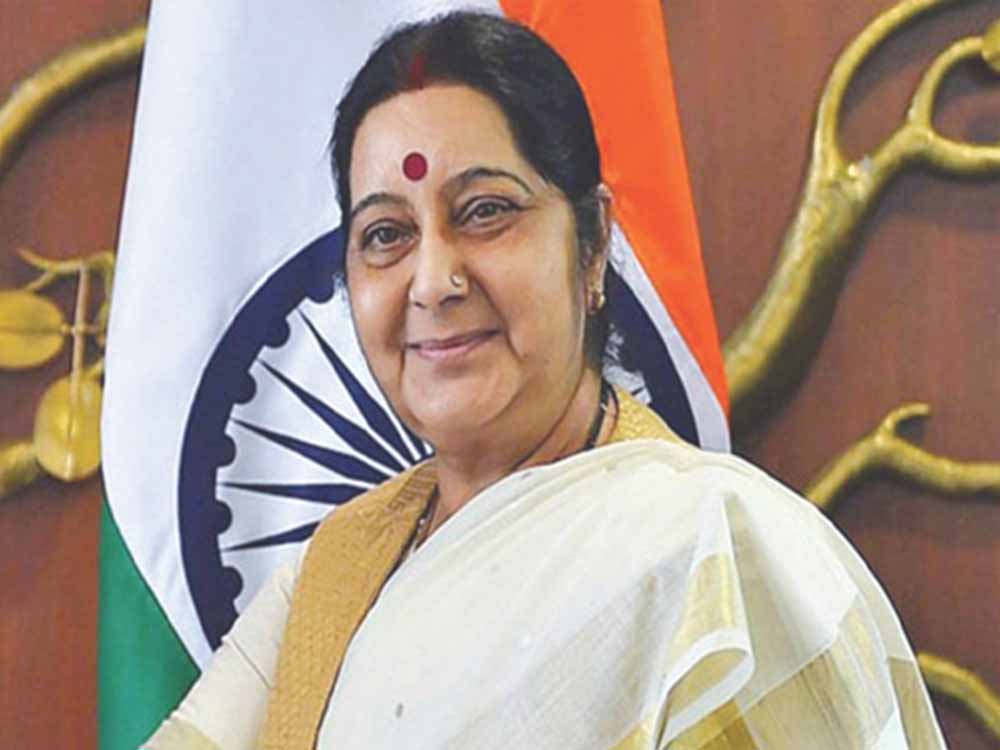Introduction and Early Life
Sushma Swaraj, born Sushma Sharma on February 14, 1952, in Ambala, Haryana, India, was a prominent Indian politician and a leading figure in the Bharatiya Janata Party (BJP). She played a significant role in Indian politics and served in various ministerial positions throughout her career.
Political Career and Rise to Prominence
Swaraj’s political career began in the 1970s when she actively participated in the student movement affiliated with the Rashtriya Swayamsevak Sangh (RSS), a Hindu nationalist organization. She joined the BJP in the 1980s and quickly rose through the party ranks, earning recognition for her articulate speeches and effective leadership.
Ministerial Positions and Legislative Contributions
Swaraj held several important ministerial positions in the Indian government. She served as the Minister of Information and Broadcasting in the late 1990s and later became the Minister of External Affairs from 2014 to 2019, under the leadership of Prime Minister Narendra Modi. Swaraj’s tenure as External Affairs Minister was marked by her proactive approach, accessible leadership, and efforts to enhance India’s international relations.
Advocacy for Indian Nationals Abroad
One of the notable aspects of Swaraj’s tenure as External Affairs Minister was her dedication to serving Indian nationals abroad. She actively used social media platforms to address the concerns and requests of Indian citizens living overseas, providing assistance and support in times of crisis. Swaraj’s empathetic approach and quick response earned her admiration and praise from the public.
Passing and Legacy
Sushma Swaraj passed away on August 6, 2019, due to a cardiac arrest, leaving behind a profound void in Indian politics. Her passing was mourned by political leaders from across party lines and by the public. Swaraj’s legacy is remembered for her strong oratory skills, compassionate leadership, and commitment to public service. She continues to be revered as a trailblazing woman in Indian politics, inspiring future generations of leaders.











